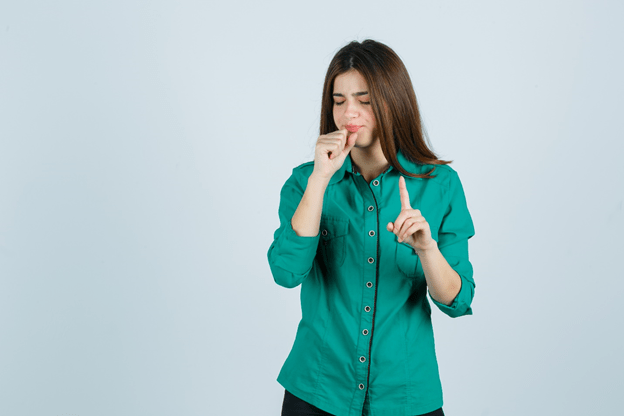Whooping cough :
Whooping cough, also called pertussis, is a highly contagious bacterial infection of the lungs and airways.
This causes persistent coughs for two to three months or longer, which can make children and teenagers especially very sick.
Whooping cough is spread in droplets from an infected person’s cough or sneeze.
Symptoms of whooping cough :
The first symptoms of whooping cough are cold-like, such as a runny nose, red and watery eyes, a sore throat and a low-grade fever.
Vital cuff beats begin a week later. Palpitations are usually worse at night and last for a few minutes. Cough naturally raises thick mucus and is likely to cause vomiting.
Between coughs, you or your child may take a breath for a breath – this may make a ‘canto’ sound, but not everyone has this sound.
Due to the pressure of the cuff, the face may become very red, and the eyes or skin may bleed slowly for a few months. Adolescents’ skin may occasionally turn milky, bluish (cyanosis) if they have difficulty breathing.
The throbbing will eventually become less violent and less frequent over time, but it may take a few months before it goes away completely.
Who suffers from whooping cough?
Whooping cough can affect people of any age, including:
- Babies and Teens – Babies under six months of age are especially at risk of complications from whooping cough.
- Older children and adults – This is usually less severe, but can still be unpleasant and annoying
- People who have had whooping cough before – you are not immune if you have had whooping cough before, but it is usually less severe the second time around.
- People who have been protected by a hidden whooping cough vaccine in childhood – protection from the whooping cough vaccine usually wears off after a few years.
You can get whooping cough if you come in close contact with an infected person.
Antibiotic treatment can reduce the duration of the infection from the time a person with whooping cough begins to develop symptoms about six days after they become infected – when they have cold-like symptoms – until three weeks later.
Whooping Cough Treatment:
- Treatment for whooping cough depends on your age and when you had the infection.
- Babies younger than 6 months who are very sick and have more severe symptoms are usually hospitalized for treatment.
- People diagnosed with infection are given antibiotics at home in the first 3 weeks. These are helpful in preventing the infection from spreading to others, but may not help reduce symptoms.
- If someone has had whooping cough for at least 3 weeks, they usually don’t need any special treatment, as they are no longer sick and are less likely to get infected with antibiotics.
- While getting better at home, it may help to stay rested, drink plenty of water, clean beads and vomit from the mouth or your child’s mouth, and take pain pills such as paracetamol or ibuprofen for fever.
- Caffeinated drugs should be avoided, as they are not suitable for teenagers and are not very helpful.
Preventing the spread of infection:
If you or your child are taking antibiotics for whooping cough, you need to be careful not to spread the infection to others.
Do:
· Stay away from nursery, school or work until 2 days have passed since the start of antibiotic treatment or, if antibiotics are not being taken, until 3 weeks have passed since the cuff pulses started.
· Cover your or your child’s mouth and nose with a tissue when coughing or sneezing
· Throw away used beads immediately
· Wash your and your child’s hands together with soap and water
Other members of your household may also be given antibiotics and a dose of the whooping cough vaccine to prevent infection.
Whooping cough vaccination :
There are 3 common vaccines that can protect infants and children from whooping cough:
- Whooping cough vaccine during pregnancy – this can protect your baby in the first few weeks after birth. It is best done after your 16th week of pregnancy.
- 6-N-1 vaccine – given to babies at 8, 12 and 16 weeks of age
- 4-n-1 Preschool Booster – Offered to children up to 3 years and 4 months
These vaccines do not provide long-term protection against whooping cough, but they can help children be more protected from the effects of the infection when they are teenagers.
Older children and adults are not usually vaccinated, but may be vaccinated during pregnancy or during an outbreak of whooping cough.
Complications of Whooping Cough :
Children and adolescents under 6 months of age are usually most affected by whooping cough.
They are at risk of being affected by the following risks:
- Dryness
- Breathing difficulties
- Weight loss
- Pneumonia – an infection of the lungs
- tremors (seizures)
- Kidney problems
- Brain damage caused by lack of oxygen to the brain
- Death – although this is very rare
Older children and adults are usually less likely to be affected, but they can also be affected by complications such as bleeding, broken bones or hernias caused by the burning sensation.

